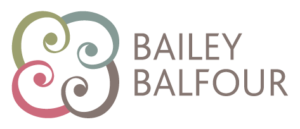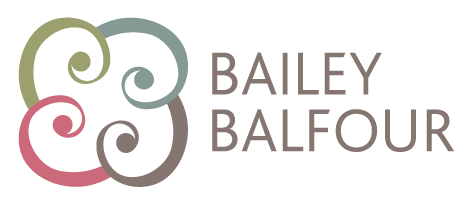
The Power of Open Curiosity in Coaching
“The important thing is not to stop questioning. Curiosity has its own reason for existing.”
Albert Einstein
In a world of “fake talk,’’ how do we foster authenticity in our conversations? This challenge is more prevalent among leaders, where even problem-solving interactions with employees can be seen as a checkbox to be ticked off.
Employees might not feel as empowered and there’s a missed opportunity for growth.
When leaders become curious, they are not just concerned with the immediate task at hand but in nurturing the potential within each individual. This approach fosters a sense of trust and respect.
By embracing curiosity, leaders set the stage for open and honest dialogue, where people feel comfortable sharing their ideas, concerns, and ambitions. Such a culture of authenticity drives creativity, collaboration, and a shared commitment to success.
So how can leaders be more curious?
Being curious is such an alive feeling. When we are curious, we are open to possibilities and ideas and options. Curiosity is where creativity sits.
When we approach conversations with a spirit of curiosity, we are open to what we might hear. We suspend our preconceived ideas of what is possible and open up to areas we never even dreamed of.
Being curious with another person is powerful – together we are opening up ideas and new ways to approach things. Here are some practical techniques you can use to become more curious.
1. Adopting convergent and divergent thinking
In coaching, we talk about the idea of convergent and divergent thinking. These two ways of thinking serve as valuable tools to approach challenges and generate innovative solutions without limiting ourselves.
Convergent thinking: We narrow our thinking.
Convergent thinking encourages us to focus on one thing, either a problem or a goal and examine potential actions to achieve it. During this process, we narrow our thinking, carefully analyzing and evaluating various options, often leading to the most promising solution.
Divergent thinking: We don’t constrain ourselves. We explore as many ideas.
Divergent thinking is where we open up all the ideas possible without judgment or constraints. We think outside the box and discover unique and unconventional solutions to our problems or goals. By combining both convergent and divergent thinking, we create a balanced and effective problem-solving approach.
2. Asking effective questions to birth new ideas
Another alternate way of expressing curiosity is through effective questioning.
Insights from neuroscience reveal that questions play a pivotal role in shaping our thought processes and expanding our cognitive horizons. Asking questions:
- Activate the brain as a whole – The question triggers a network of connections within our neural pathways, helping our minds to make connections and see new possibilities.
- Take over the brain’s thought processes and our mind then contemplates the question. When it is thinking about the answer it can’t contemplate anything else.
- Prompts the brain to think about future behavior – which increases the likelihood it will be acted on
In essence, questions are not only expressions of curiosity but also catalysts for cognitive growth. We are unlocking new possibilities of solutions, understanding and discoveries.
You can learn more about the neuroscience of coaching on our upcoming ICF Accredited PCC programme.
3. Putting curiosity into practice
We can be curious by having a few questions in our coaching toolkit to help us. You can use simple questions or statements like:
- “Tell me more”
- “What else”
- “What ideas do you have”
- “I’m curious about what you think about this”
Asking ‘what else’ is amazing. Try asking ‘what else’ a number of times. Sometimes, something magical happens the 3rd or 4th time of asking!
When you are stuck and not sure what to ask, start any question with the word ‘what’ and see what happens. When you do this, always an option follows like ‘What would you like to do’ or, ‘What did you notice’ or ‘What’s next.’
‘What’ is a really powerful tool in our coaching toolkit. Remember to aim for open-ended and curious questions this week and see what happens.
If you have any positive outcomes from trying these techniques, we also invite you to share how these skills have helped you in your conversations in our comment section of our LinkedIn and Instagram pages.
Want to coach well? Unlock tips on how you can exercise coaching skills
in this week’s toolkit. Download our Free Leadership Reset Toolkit here.
About the Author
Jean Balfour is Managing Director of Bailey Balfour and Programme Director of our ICF Accredited Coach Training Programmes. Jean is passionate about helping people to have good conversations both at work and at home. She believes that coaching is a life skill and that you never regret learning to coach.


